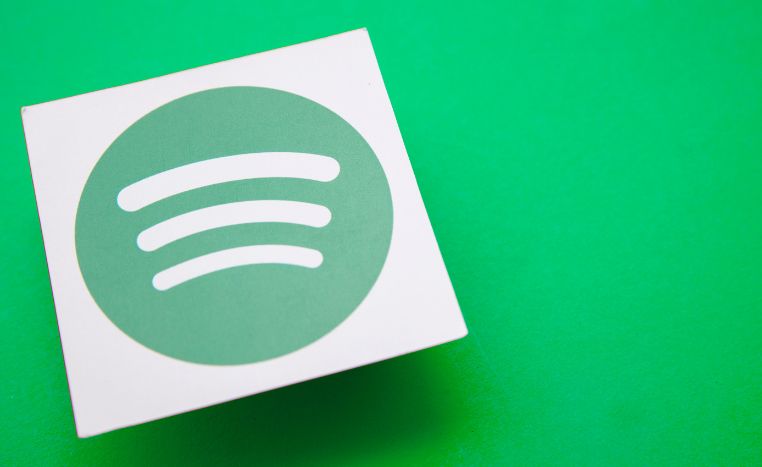As artists, we are constantly urged to adapt, to “pay our dues,” to give our art away without compensation, all while wearing a smile for the privilege of being born with talent. While the debate between nature and nurture regarding talent persists, the shift to digital streaming from physical albums has dealt a significant blow to many artists’ income streams. Recording undoubtedly demands investment, but with the meager returns from streaming platforms—VIRPP estimates indicate $0.008 from Apple, $0.00402 from Amazon, $0.002 from YouTube, and $0.00318 from Spotify per stream —independent artists are finding it increasingly challenging to release new music.
Adding to these woes is the emergence of fraudulent streaming. I’ve previously recounted my experience when a track I released via DistroKid seemed to land on one of these deceptive playlists. Despite my attempts to address the issue with both Spotify and DistroKid, no action was taken. According to Spotify’s help chat, “It’s up to the playlist owner’s discretion which songs remain and which songs they remove from the playlists.”
One initiative aimed at tackling fraudulent plays is the “Music Fights Fraud Alliance,” which states in its mission statement: “Music Fights Fraud is a global task force aimed at eradicating streaming fraud.” Members include CD Baby, TuneCore, DistroKid, Spotify, and Amazon.
While some artists might have been misled into believing that these fake streams, boosting vanity metrics, would be advantageous, most of us want no part in it. However, from my experience, neither the distributor nor the streaming service showed interest in taking action when I reported a potential bot-driven playlist.
Spotify publicly announced its mission to combat artificial streams in November 2023, stating, “Starting in early 2024, tracks must have reached at least 1,000 streams in the previous 12 months in order to generate recorded royalties.”
They assert that they won’t benefit from this change: “There is no change to the size of the music royalty pool being paid out to rights holders from Spotify; we will simply use the tens of millions of dollars annually to increase the payments to all eligible tracks, rather than spreading it out into $0.03 payments.”
While the reasoning behind this move may seem fair—many distributors have payout thresholds that independent artists struggle to meet (for context, I made about $6 last year)—in my opinion, it’s another blow to independent artists. Less than 1,000 plays? You get nothing – but it won’t cost you nothing.
- Recording time ($50+ per hour according to XPosure Music or paying for equipment if you are able to record at home, $399 for the popular Shure SM7B)
- Mixing & Mastering ($11.99 per month for AI mastering services like Landr with real engineers costing significantly more)
- Distribution ($19.99 per year from TuneCore, varies depending on distribution company, may also be a per album or release cost)
- Cover Licenses (From $16.99 per song for audio license only from EasySong.com, licenses for videos are separate and additional cost)
Keep in mind even if you surpass 1,000 streams you are making what… $3?
While I agree that fraudulent players should be tackled, I don’t support this particular approach. Why not scrutinize the playlists themselves, certainly software can determine suspicious patterns? Why are artists always the ones to foot the bill? It’s a bit of a “wait and see” situation, but I’m concerned that other streaming platforms may adopt this model if artists don’t voice their objections.
I’ll continue to monitor this issue, and I urge fellow artists to share their thoughts. Is Spotify’s move fair, or is it just another tactic to avoid paying independent artists? Let me know your opinions in the comments or through your “letters to the editor.”







